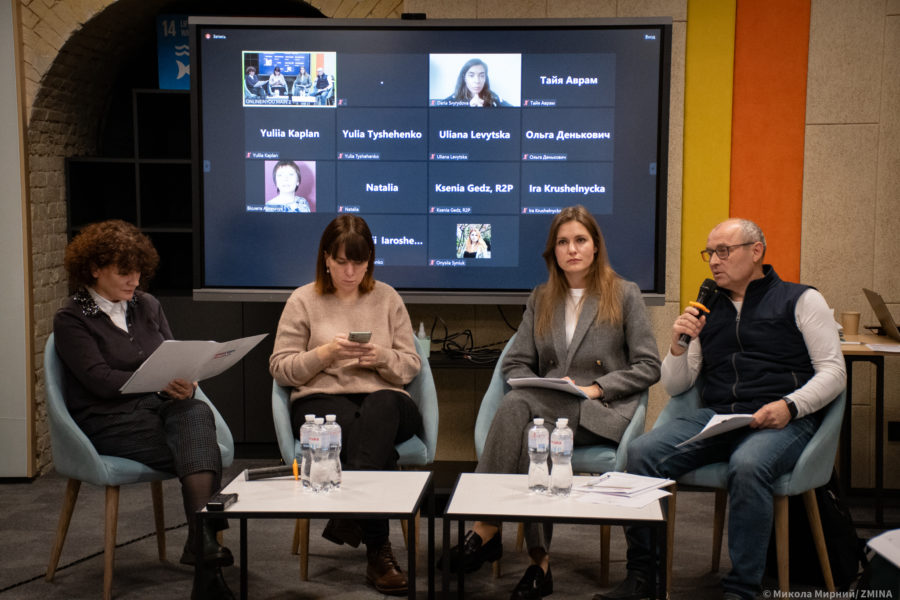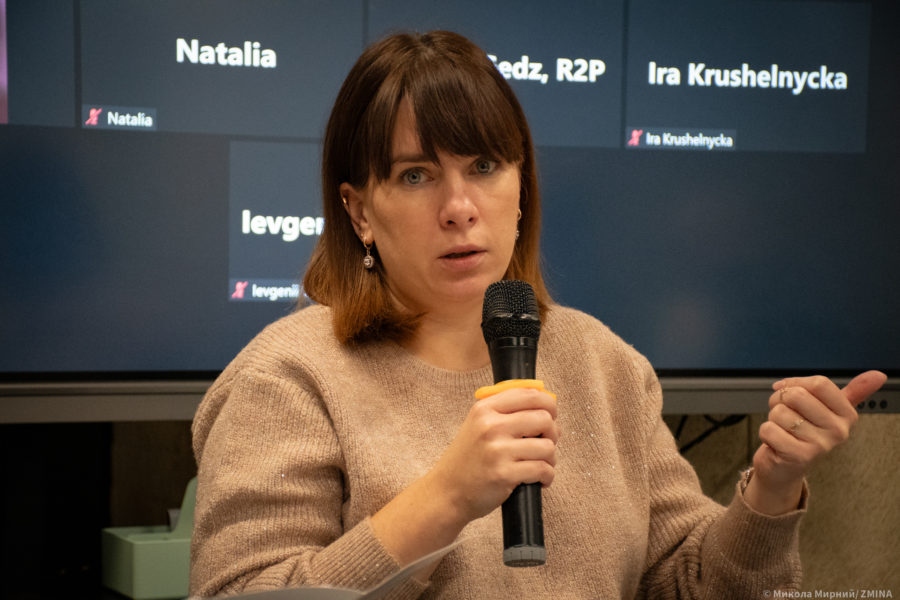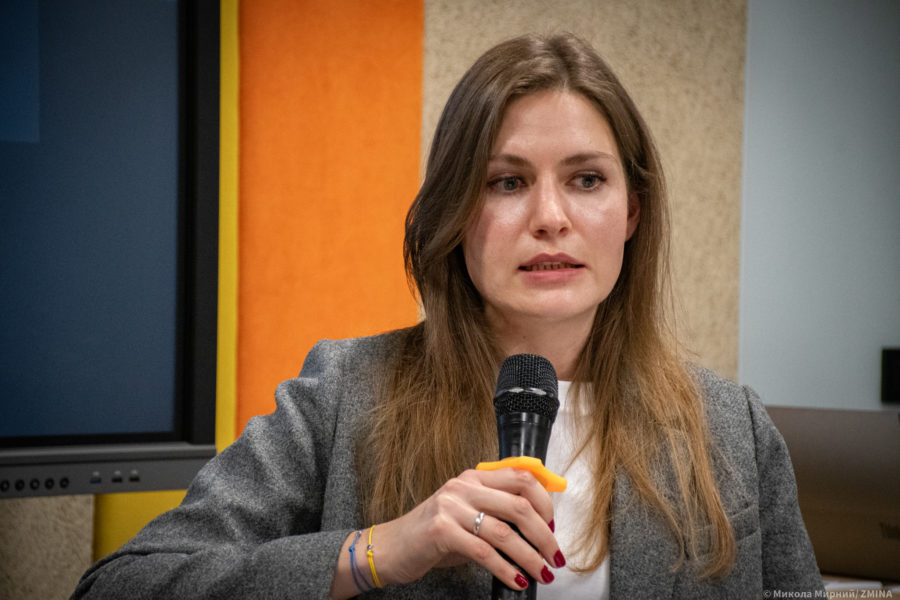What should the state do with thousands of Russians who settled in occupied territories: human rights defenders’ opinions
According to various sources, from 500,000 to 800,000 citizens of the Russian Federation have moved to Crimea since it was occupied. In other occupied Ukrainian territories, such “colonization resettlement” also takes place en masse, for which Russia has made considerable efforts. According to Ukrainian law, such Russian citizens are foreigners who violate the migration rules of Ukraine, and the state has the right to deport them after its territories are de-occupied.

However, such actions require serious and balanced approaches because there are many debatable problems. In particular, it is not clear what to do with those who married Ukrainian citizens or became parents of Ukrainian children during their stay in the occupied territories. In addition, the state should develop an action plan on those suspected of war crimes. That is, their uncontrolled deportation/departure from Crimea calls into question the achievement of justice.
That is why Ukrainian human rights defenders held a discussion in Kyiv on November 14, 2023 about what the state should do with the citizens of the Russian Federation to take into account international law and the interests of national security.
According to Darya Svyrydova , the expert of ULAG and Ukraine 5 AM Coalition, one of the important tasks for Ukraine after de-occupation will be to identify its citizens and citizens of the Russian Federation. In her opinion, it will be difficult: ” The question is also about forced or automatic passportization of Ukrainian citizens; as well as the birth of new Ukrainian citizens in Crimea, most of whom, unfortunately, will not have Ukrainian documents .”
According to Svyrydova, the first way is to deport all Russian citizens and all foreigners after the de-occupation, who will be able to return to the territory of Ukraine after leaving and being checked. But such an approach is risky from the point of view of collective deportation of foreigners which is prohibited by international law and national legislation.
Another option is migration amnesty which allows foreigners to apply to the relevant authorities of Ukraine without leaving the territory of Crimea after de-occupation and obtain the right to stay in the territory of the state. This method will allow to consider each situation individually. But, according to Darya Svyrydova, any decisions should be made taking into account the opinion of society as these are sensitive issues.
Olha Kuryshko , Deputy Permanent Representative of the President of Ukraine in Crimea, believes that the state should encourage Russian citizens to leave the occupied territories: ” The more government agencies communicate reintegration legislation, for example, issues of liability for collaborationism, international war crimes, this is already a signal for Russians in Ukrainian territories .”
 Olha Kuryshko
Olha KuryshkoRoman Martynovskyi , co-founder of the Regional Center for Human Rights, says that Ukraine should stop the processes of colonization by Russia. In his opinion, for this, the state should introduce criminal liability for individuals who are participants in the occupation policy. The expert also believes that the existing national legislation does not have mechanisms that would really allow to evict Russian citizens.
” In Crimea, it will take five to six years to evict 800,000 Russian citizens through the court. With such a large number of cases, the judicial system will be paralyzed and it will not consider other cases, in particular over collaborationism or war crimes , ” Martynovskyi comments.
At the same time, the expert believes that Ukraine has the right to subject Russian civilians to internment—the process of forcibly detaining people and holding them in special places until the end of the war. According to him, this right is enshrined in the IV Geneva Convention.
” But we can consider such a method as an exceptional measure that should work for the sake of the security of the state and the restoration of sovereignty and reintegration of the occupied territories ,” Martynovskyi adds.
Maria Bilak , human rights officer at the UN Human Rights Monitoring Mission, believes that Ukraine should approach each foreigner in the occupied territories individually. Also, in her opinion, foreigners should have the right to appeal the decision on their deportation and present their arguments.
” This will allow Ukraine not only to comply with the norms already established in international law but also to avoid potential complaints against Ukraine, for example, at the European Court of Human Rights. Because there is such a practice in general, and it could be applied if foreigners believe that their rights have been violated, in particular within the limits of the VIII Convention ,” Bilak says.
 Maria Bilak
Maria BilakThe material was prepared with the support of the European Union and the International Renaissance Foundation within the framework of the joint initiative “European Renaissance of Ukraine”. The material represents the position of the authors and does not necessarily reflect the position of the European Union or the International Renaissance Foundation.
If you have found a spelling error, please, notify us by selecting that text and pressing Ctrl+Enter.















